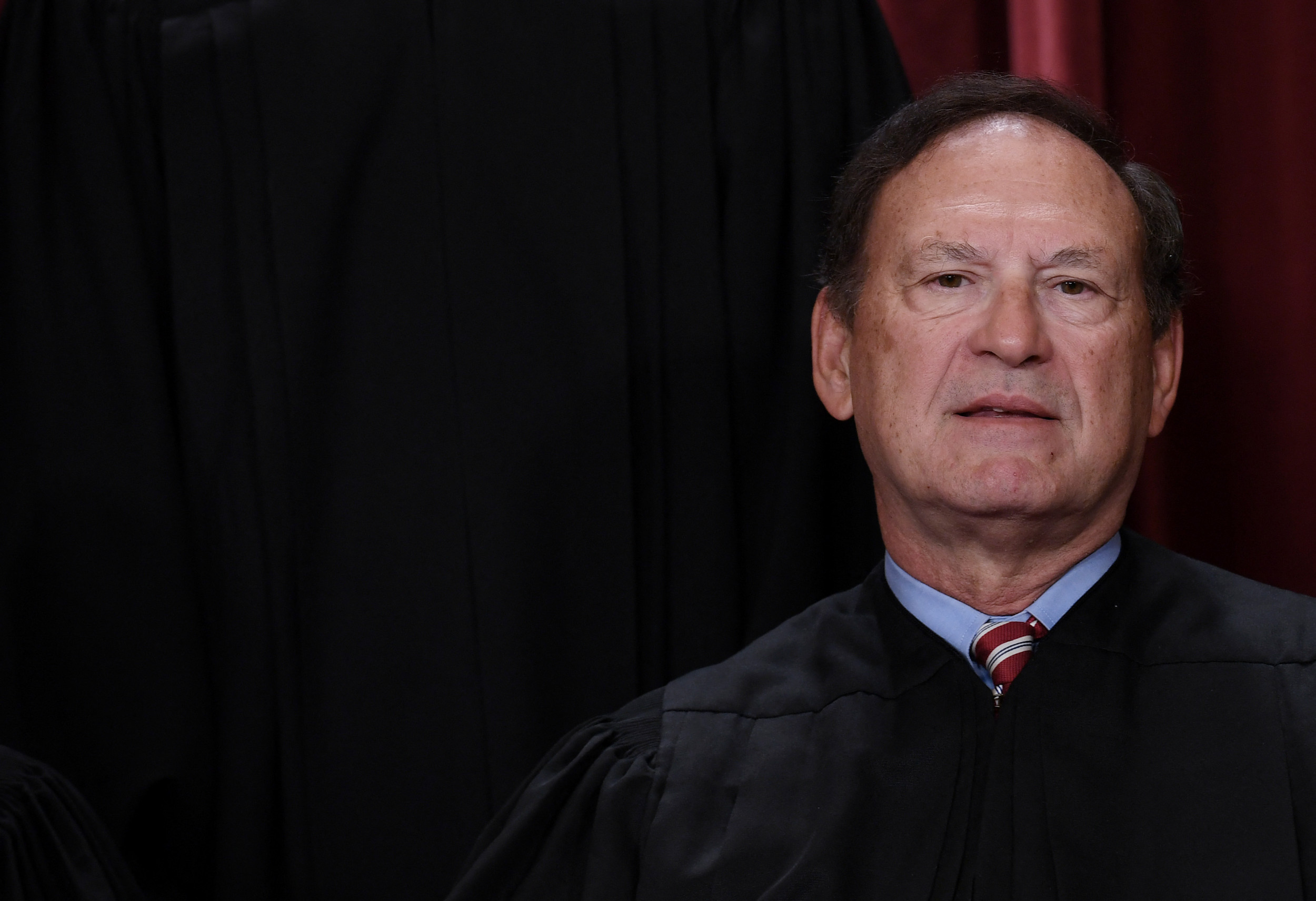What does the American dream mean in 2022?
It's a question worth asking as we navigate the next two elections with the specters of civil unrest, recession, and democratic breakdowns haunting a nation with stagnant wages, punishing inequality, and broken infrastructure and health care systems.
To understand what the American dream means to contemporary Americans, Milwaukee director Faith Kohler, cinematographer Colin Sytsma and I and our film crew have spent the last three years talking to middle-class people in Milwaukee, for a new documentary film called Out of Reach.
We chose Milwaukee because the city of 600,000 is a representative working-class American town, which has lost hundreds of factories but still has a few, and where divisions of race and class have accentuated the pain of working-class people.
National numbers tell a story of decline: Over 7.5 million manufacturing jobs have been lost since 1980. Life expectancy is down to around 76 years, the lowest level since the 1990s. In a 2021 poll, 79 percent of Americans agreed that the U.S. was "falling apart."
But a country founded on the ideal of the pursuit of happiness has always maintained an aura of promise that Americans like to invoke. A dream yanks us, together, toward something better.
In fact, the modern formulation of the American dream was born during the Great Depression. James Truslow Adams wrote, in his 1931 book, Epic of America, that the American dream "is that dream of a land in which life should be better and richer and fuller for everyone, with opportunity for each according to ability or achievement."
In modern politics, the American dream is shorthand for incessant material prosperity, for that "better, richer, and happier." As Doug Ducey, the Republican governor of Arizona, said in a recent speech that every U.S. politician has given at least once in his or her life, the point of his ideals is to "preserve the American Dream and improve the lives of regular Americans."
But what does the dream mean to ordinary Americans?
We went to Milwaukee to find out. Our subjects spanned ages, races and incomes. We also talked to a few prominent citizens, including U.S. Senate candidate Mandela Barnes, conservative commentator Charlie Sykes, and historian and writer John Schmid.
We asked them: What is your American dream?
Boomers remember the post-World War II version. In the 1960s and 1970s, Sykes told us, "It was assumed that your children would have a better life than you." There was, he said, "that sense of progress and growth and things were getting better. And I think that that's been broken."
For Gen-Xers, who grew up around layoffs and higher rates of divorce, the American dream has transitioned from the stable unionized factory job to a life that requires a little more hustle and self-reliance to cope with uncertainty. One of our subjects is a 40ish Black factory worker who flips houses on the side and sends his son to investment camp. "You can't rely on what you used to," he said. "You have to look out for yourself. That's the new American dream."
Barnes, the U.S. Senate candidate, told us how his grandfather moved to Milwaukee after World War II because "at that point, it was the best place for a Black family. ... Unfortunately today our state is on the other side of that equation." The reason: The decline of stable middle-class jobs and wages.
Consequently, Barnes' fellow millennials are more cynical and self-reliant. We profiled a crypto-miner who has never for a day in his life aspired to work in a factory. He's all about the side gigs.

The generations' contrasting approaches to the American dream is, in large part, a question of luck. America's epochal post-World War II prosperity between 1948 and 1973 resulted from the U.S. running the top economy while much of the rest of the world lay in ruins.
But, as China and other countries caught up and the world economy globalized, America's luck ran out. Jobs were offshored by the millions. Unionization collapsed. Although unions have been making a comeback, wages at places like Amazon and Walmart still offer much less pay than the old manufacturing jobs. And those are not coming back.
In places like Milwaukee, which have mostly been left out of the 21st century tech boom, the new American dream is instead about mastering the gig economy, driving Ubers, understanding finance and buying houses to rent out. It's about always looking for your next act and maybe, sometimes, a bit of hucksterism. It's not for nothing that we collectively elected the guy selling himself as a self-made billionaire.
Whatever your politics, almost everybody has to hustle these days. "Americans have been doing this for 200 years," said Sykes. "And so maybe in a sense that's reviving a different approach to the American dream."
But what about the people who want no part of this libertarian fantasy, and aren't entrepreneurs and can't, or don't want to, master finance?
There are signs that younger generations of Americans dream of building community as much as they do of getting rich. Millennials told us they dream of being self-sufficient so that they can support their friends and live in community.
"I think the true American dream is to see your neighbors succeed and to live in a country where not everything sucks all the time," a young restaurant cook told us. "Give back to your community. Support small businesses. Get to know your neighbors. That's the American dream."
In other words, the millennial spin on the American dream is something like "hustle to help your community." That's a different proposition than "better, richer, and happier," but it just might be a new dream Americans can unite around.
John W. Miller is a Pittsburgh-based filmmaker and writer, co-director of Moundsville on PBS and contributor at America Magazine.
The views expressed in this article are the writer's own.
Uncommon Knowledge
Newsweek is committed to challenging conventional wisdom and finding connections in the search for common ground.
Newsweek is committed to challenging conventional wisdom and finding connections in the search for common ground.





